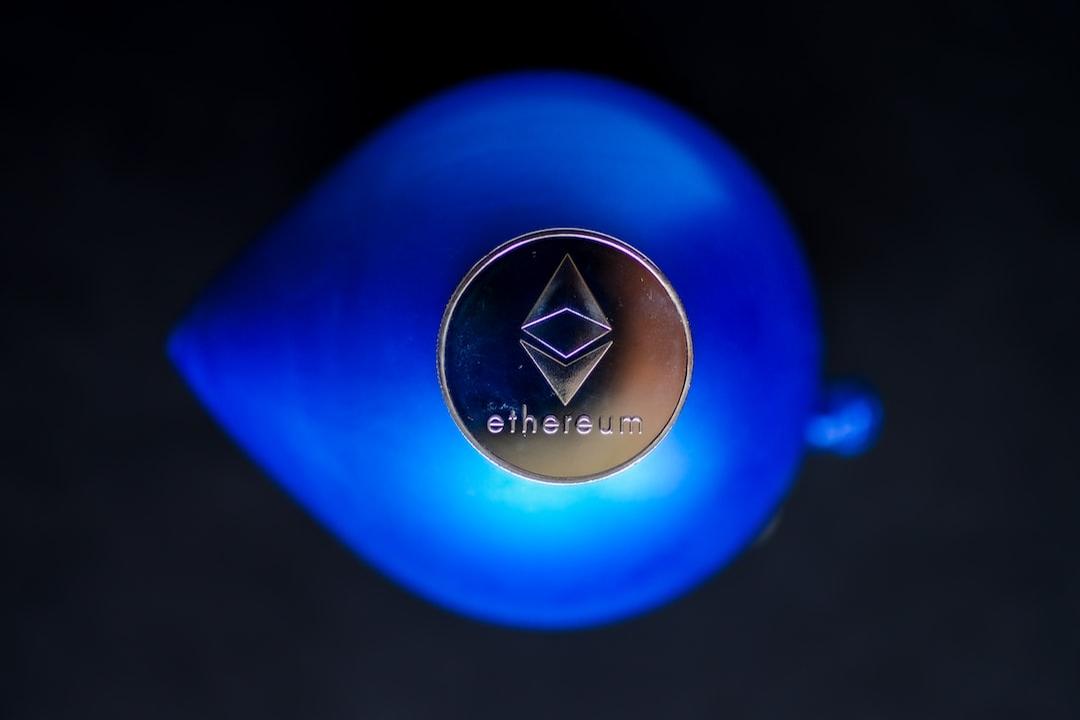Decentralized artificial intelligence (DeAI) is becoming an increasingly important component of AI infrastructure as the demand for safer and more efficient AI computing grows. However, a new whitepaper argues that DeAI needs to integrate the technology of Trusted Execution Environments (TEE) in order to fully realize its potential.
“The role of TEE will become increasingly important as the demand for safer and more efficient AI computing grows,” said Nukhri Basharuli, co-author of the whitepaper and CEO of Super Protocol, in an interview with Decrypt. “Their ability to seamlessly integrate with existing blockchain architectures makes them indispensable in developing DeAI systems that can withstand future challenges.”
Current AI Landscape
High-quality results in AI models require reliable private user data. However, sharing data and models in the AI community presents risks such as confidentiality and ownership compromise.
DeAI promises to create a collaborative environment that restricts access to sensitive data for all participants. However, the authors of the whitepaper believe that this new technology currently has limitations in scalability and reliability, which restrict its potential.
The greatest advantage of blockchain lies in its ability to transparently verify transactions and smart contracts. However, when it comes to complex computations required for AI, traditional methods fall short. David Attermann, Web3 and AI Investments Director at M31 Capital, a global investment firm dedicated to cryptocurrency and blockchain, explained, “Using blockchain alone for these computations becomes extremely expensive and impractical.” This limitation severely hinders the scalability and efficiency of DeAI.
What is TEE?
TEE is embedded in CPUs and GPUs, providing a secure and isolated environment for executing code and processing data. This isolation ensures that even if the main system is compromised, the data and computations within the TEE remain protected.
In fact, the device you are reading this on almost certainly includes a TEE. They are used in smartphones and computers to store sensitive information like biometric data, as well as in cryptocurrency hardware wallets to store keys.
“TEE is the cornerstone of many security applications today,” said Basharuli. He pointed out that their integration with blockchain systems “transforms them from merely ‘trusted’ to truly ‘untrusted’ by leveraging cryptographic primitives and consensus mechanisms.”
He added that platforms like Super Protocol demonstrate how TEE can be effectively integrated with blockchain technology in DeAI applications, enabling secure and trustless AI computations by combining smart contract governance with clustered TEE computing power. Basharuli said, “In an untrusted environment, collaboration becomes untrustworthy. Everyone can trust that this system can handle their assets securely and confidentially.”
How TEE Enhances DeAI
The whitepaper explains that Trusted Execution Environments bring several key benefits to decentralized AI applications.
Attermann said, firstly, “TEE provides the essential security level for sensitive AI computations, ensuring data remains encrypted and protected throughout the computation process.”
Basharuli added that by isolating sensitive data from the wider system, TEE ensures that data is “kept confidential and secure” even when the wider system is under threat.
They also maintain the integrity of data and code, preventing unauthorized modifications. Attermann said, “Integrity is crucial, and TEE maintains it by isolating the execution environment.”
Furthermore, TEE provides an isolated execution environment that ensures secure handling of sensitive operations and enables cryptographic proof to verify that the code running in the secure enclave is genuine and unaltered.
TEE and Secure Computing Environment
TEE is on par with many other secure computing technologies, including zero-knowledge proofs (ZKP) and fully homomorphic encryption (FHE).
However, Attermann explained that these technologies have limitations that make them unsuitable for DeAI in their current state, including high costs and low performance.
“TEE combined with blockchain ensures security and confidentiality while enhancing scalability and performance,” Attermann told Decrypt. “This makes TEE the most practical and direct solution for achieving verifiable, untrusted AI computations.”
“TEE is very cheap and very fast,” he added. “But for some reason, they’re not sexy. We’re working to change that.”
Challenges and the Path Forward
There are still some challenges to integrating TEE into DeAI systems. The whitepaper suggests that strong governance and supervision are necessary to ensure correct and consistent use of TEE in decentralized networks. It is also crucial to promote industry-wide acceptance and understanding of TEE technology.
Basharuli said that Super Protocol and other pioneers in the field are actively addressing these challenges. By demonstrating the practical benefits of TEE in real-world applications and collaborating with industry leaders like NVIDIA, they are paving the way for broader adoption. He added, “Confidentiality is crucial for secure AI collaboration, and cryptocurrency incentivizes collaboration, accelerating adoption.”
Rethinking AI Collaboration
The whitepaper argues that TEE provides the necessary security, confidentiality, and verifiability for DeAI to fully realize its potential. “By integrating TEE with blockchain, we can move beyond ‘trusted’ systems into truly ‘untrusted’ environments, ensuring a decentralized, secure, and scalable future for AI,” said Basharuli.
For developers eager to experiment with DeAI, the Super Protocol AI marketplace is now live. It allows collaboration on AI models and applications in a confidential and non-disclosing computational environment, leveraging everyone’s solutions, storage, data, or computing power.
Soon, developers will also be able to monetize their AI agents and applications on the Super AI marketplace using transparent blockchain tools, which distribute income among all contributors. They will also use stablecoins for payments, as part of a wider effort to make it easier for Web2 developers to integrate into the ecosystem.
“Building a confidential AI collaboration hub requires solving the chicken-and-egg problem of supply and demand, meaning users should bring useful datasets and models before starting to develop AI products,” Basharuli told Decrypt. Super Protocol’s solution is to provide a comprehensive incentive program to attract models, data, and users into the AI marketplace in exchange for token-based rewards.
For more information about Super Protocol, visit their website, Twitter, and LinkedIn. For more information about M31 Capital, visit their website, Twitter, LinkedIn, and Substack.

